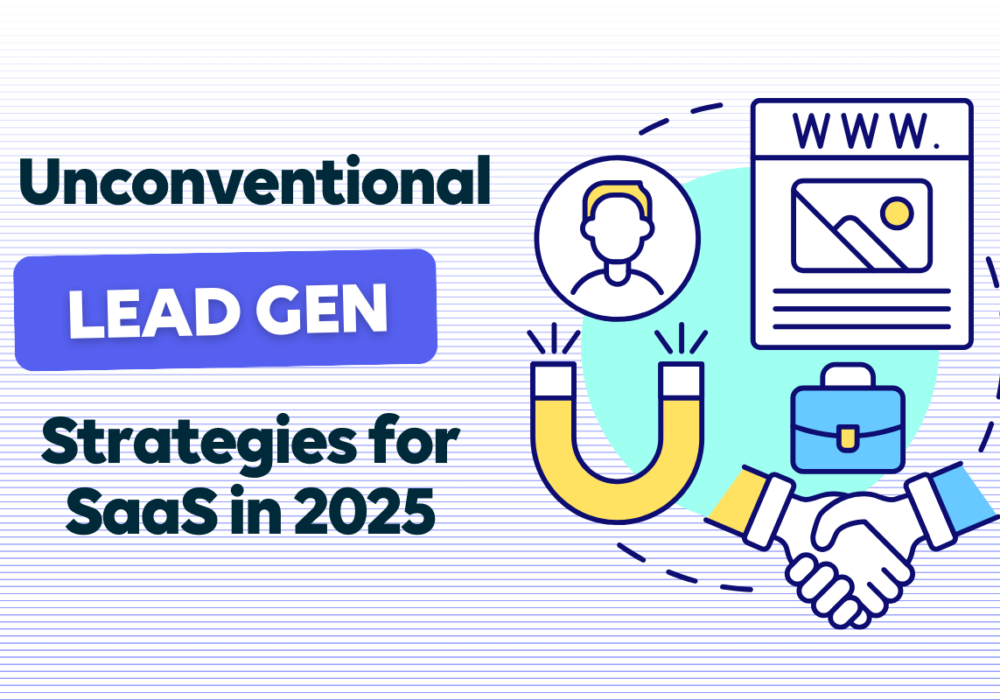Why SEO in 2013 is all about Pandas and Penguins and what you can do about it
27th March 2013
If you’ve been following search engine optimisation reports recently you may have heard the words Panda and Penguin pop into conversation. No, we’re not talking about the black and white animals, rather Google’s code names for algorithm updates.
Many websites have lost rankings overnight and don’t know why, others will have gained rankings. Here we go back to basics, discuss what sites the updates have impacted and make sure you can stay on top of future Panda and Penguin updates.
What are Panda and Penguin?
Panda and Penguin are simply Google’s names for algorithm updates. Google is constantly updating its search engine to make it the best search engine in the world.
In a nutshell Google Panda is designed to target websites that are low quality. These are sites that are low value, not very useful and copy content from other websites. To date there have been 27 iterations of this update starting on the 24th February 2011 and the last one was the 25th March 2013.
Google Penguin targets ‘webspam’. These are things like aggressive use of anchor text, exact match domains, low quality article marketing and blog spam and keyword stuffing. There have been three updates so far between the 24th April and 9th October 2012.
What websites have been affected – the Google Panda Victims
The types of websites that have been affected by Panda are sites with:
- Thin content: Little original content or little content but websites full of advertisements and links. These are sometimes known as content farms
- Duplicate pages to target keywords: Duplicate content is a big no-no in 2013 for SEO. It used to be a tactic to create multiple versions of the same page and target different keywords. So you may be based in the south of England and you have a page for each different county. Too much duplicate content is now being penalised
- High ad ratio: A website with more ads than actual content, and especially ads above the fold
- Empty web pages: This usually isn’t something intentional but happens on websites. This could be empty pages from search functionality for example. Housekeeping and tidying up your website regularly should prevent this
- Purchased links: We all know link building is a major SEO tactic, however natural link building is the tactic, not buying lots of links from websites that sell them
How to recover from or prevent further issues from your website
Let’s go back to basics and understand what search engines (especially Google) want:
- When a search takes place Google tries to match the keywords searched for and rank relevant websites
- Search engines like unique, fresh and engaging content that is written for humans (not search engine robots)
- Search engines like trusted and authoritative websites. This is usually measured by links back to a website with each link from another site being a ‘vote’ in Google’s eyes for your site. The more authoritative the website that link comes from the better, so a link from the BBC is worth more than a brand new website. The view is if you have great content other sites will link to it
The major premise of recent search engine updates are about a focus on fresh and unique content and clamping down on dubious tactics. Create quality content, build links but build good links and make sure if you have a site or use the tactics that the Panda updates are targeting that you change them quickly.
To discuss your search engine marketing strategy in more detail get in touch.





